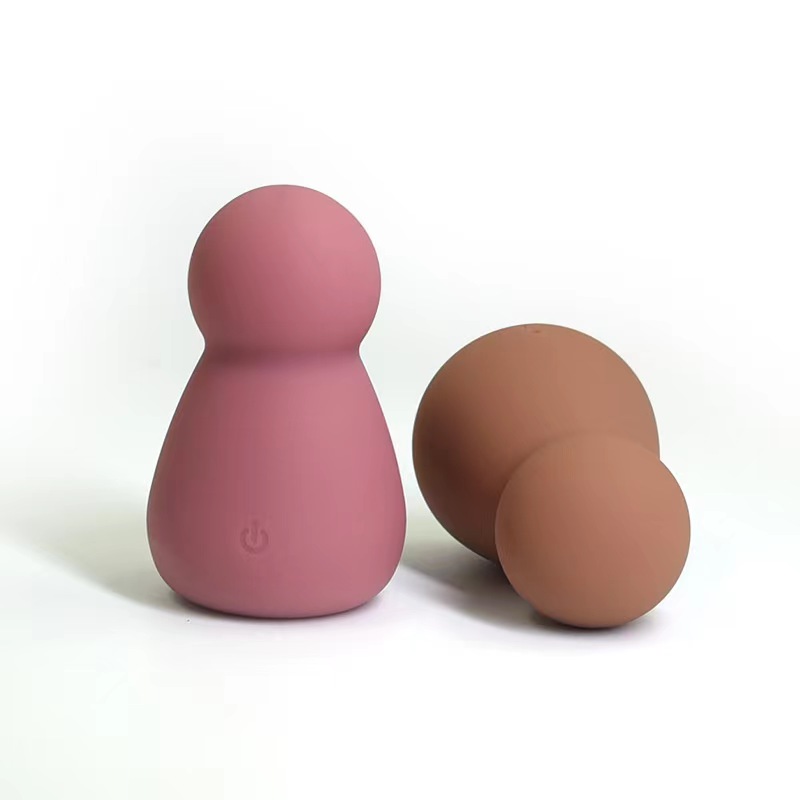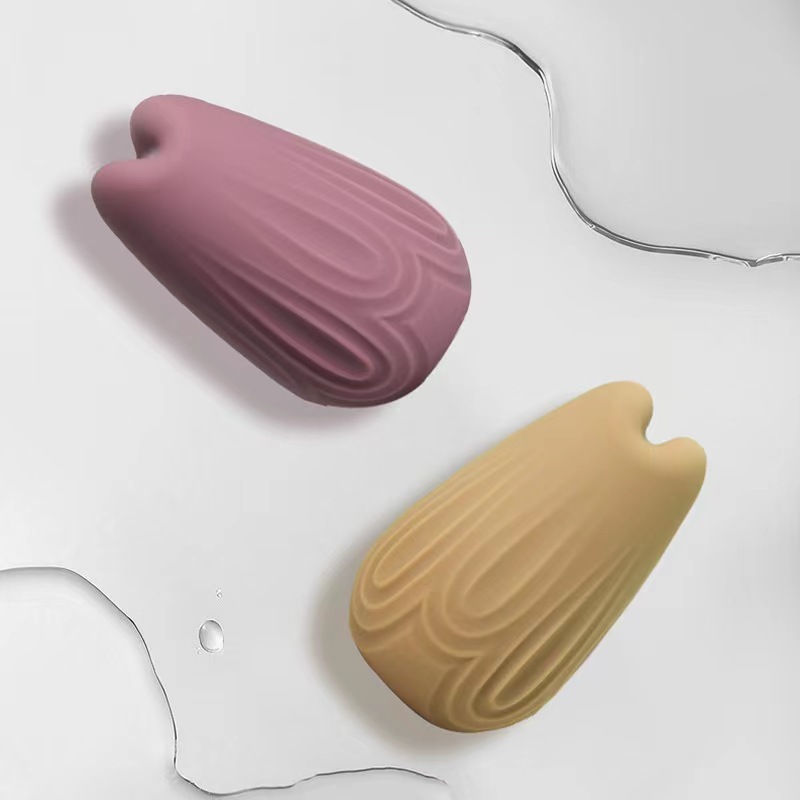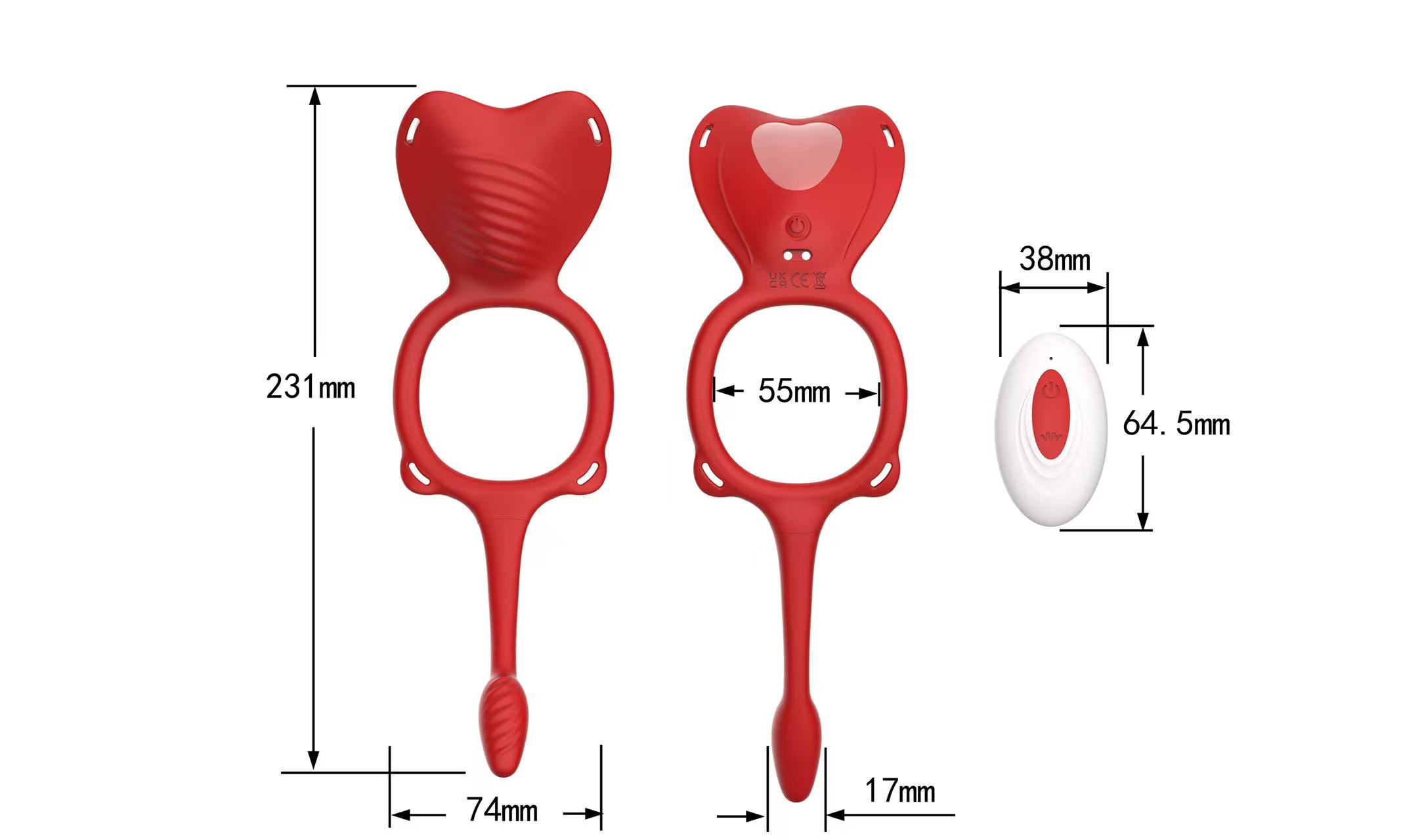How to Advertise Intimate Care Products on Facebook Without Getting Banned?
Problem: Facebook’s strict advertising policies make it nearly impossible for adult product brands to promote their items directly.
Accounts get suspended, ads are rejected, and businesses lose revenue due to vague guidelines and misunderstood product intent.
Solution: By rebranding products as "intimate wellness tools," focusing on health education, and using Facebook-compliant creative strategies, you can safely drive traffic to your site. Here’s how to do it.
To advertise intimate care products on Facebook, redefine your products as "wellness tools" (e.g., pelvic floor trainers, stress-relief massagers) instead of adult toys. Avoid explicit imagery or language—use pastel colors, abstract designs, and educational content about sexual health. Replace banned terms like "sex" with "intimate wellness" or "self-care." Focus on solving problems like stress relief or pelvic health to align with Facebook’s family-friendly policies.
Why risk account bans or ad rejections when you can adapt? Below, we break down actionable strategies to market intimate care products on Facebook while staying compliant and effective.

1. Redefining Your Products for Facebook’s Guidelines
A. Aesthetic Rebranding: From Explicit to Everyday
Design: Replace anatomical shapes with abstract, cute, or minimalist styles. For example, vibrators can resemble skincare devices (e.g., smooth silicone, floral patterns).Contextual Imagery: Show products beside plants, books, or candles to normalize them as lifestyle items.
Example: A silicone dilator for pelvic health can be marketed as a “pelvic floor trainer” with imagery of yoga mats or wellness journals.
B. Educational Content Strategy
Partner with sex educators or physiotherapists to create posts about pelvic health, stress relief, or relationship wellness.Use phrases like “Experts recommend pelvic exercises for postpartum recovery” instead of “Buy our dilator.”
Keywords:pelvic floor health, stress relief, intimacy wellness, self-care routines.

2. Facebook’s Banned Words & Phrases (Avoid These!)
Facebook’s AI scans text and images for policy violations. Never use these terms in ads or posts:
Explicit Terms: Sex, orgasm, masturbation, dildo, vibrator, BDSM, fetish, erection.Suggestive Language: Arouse, pleasure, seduce, sensual, bedroom, naked.
Medical Terms (without context): Vagina, penis, clitoris.
Replacements:
Vibrator → “Massager” or “Muscle Relaxer”Sex toy → “Intimate wellness tool”
BDSM → “Sensory exploration kit”
Pelvic dilator → “Pelvic floor trainer”

3. Compliant Ad Copy & Visual Guidelines
A. Text & Captions
Title: “Relieve Daily Stress with Our Rechargeable Massager”Body:
Allowed: “Designed for muscle relaxation and stress relief. Compact, discreet, and FDA-cleared for safety.”
Not Allowed: “Experience intense pleasure with our powerful vibrator.”
B. Images & Videos
Approved:Product in a bathroom tray beside skincare products.
Silhouettes of people practicing yoga with a caption: “Prioritize pelvic health.”
Rejected:
Models in suggestive poses or revealing clothing.
Close-ups of product details resembling body parts.
C. Targeting Tips
Exclude audiences under 18.Use interests like “wellness,” “physical therapy,” or “self-care” instead of “adult entertainment.”
4. Sample Facebook Post Templates
Post 1 (Educational):
"Did You Know?1 in 3 women experience pelvic floor issues postpartum. Our silicone trainers help strengthen muscles safely. Tap to learn exercises from certified physiotherapists!"
Image: A neutral-colored dilator beside a yoga mat and water bottle.
Post 2 (Product Highlight):
“Meet Your New Stress Relief Buddy!This USB-C rechargeable massager fits in your palm—perfect for neck tension or post-workout recovery. 100% waterproof & whisper-quiet.”
Image: Product in pastel pink on a desk with a laptop and coffee cup.




